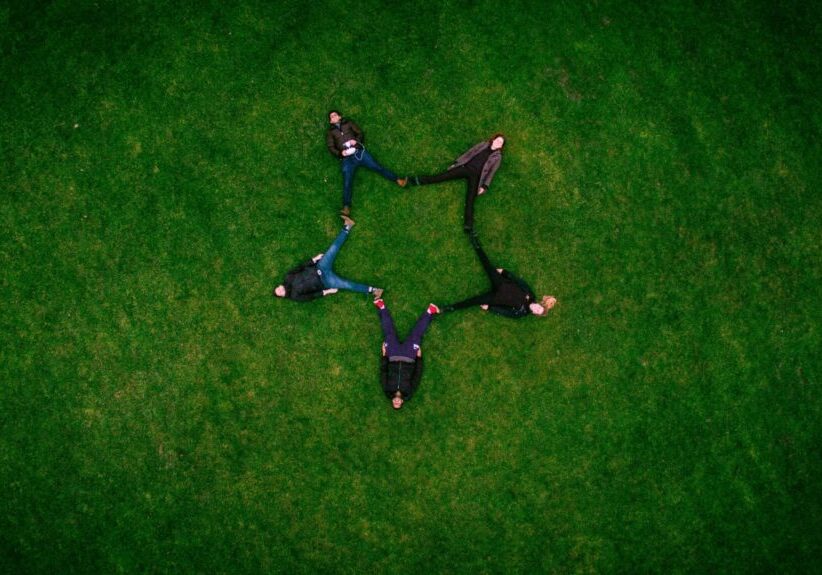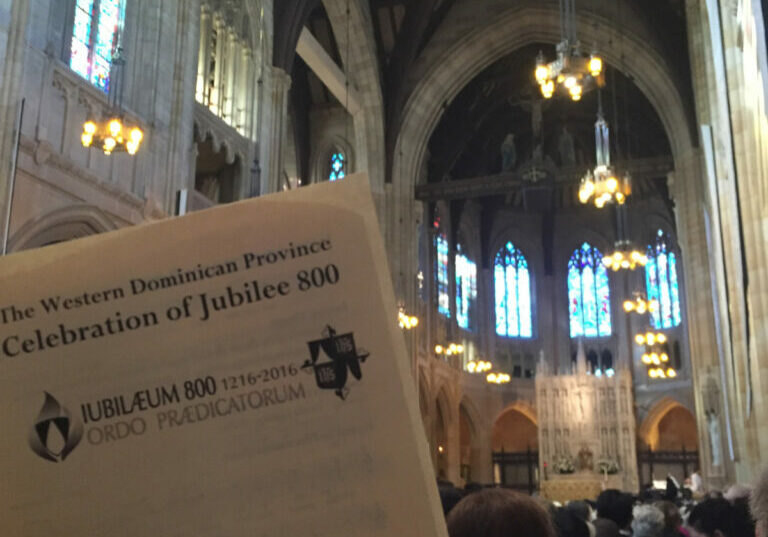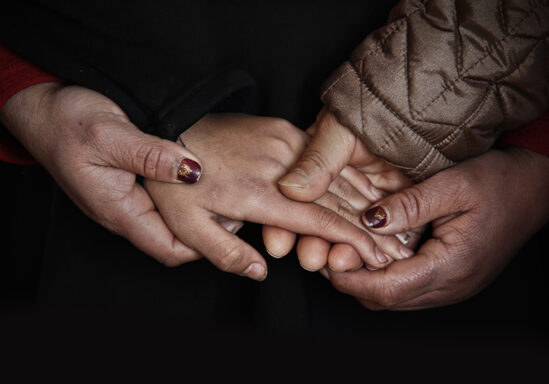Braid Mission
Blog
It’s Not Too Late

This week I’ve been wrestling (again) with one of the most difficult stories I’ve ever heard.
A couple weeks ago I reflected on a Bible story about Abraham and Sarah, when God showed up as a guest and promised them a child. They did go on to have that child as promised, but a later chapter of the story tells us that when their son Isaac becomes a young man – about the age of the youth we mentor – God asks Abraham to sacrifice Isaac. Literally. As a burnt offering. At the last minute, when Abraham has bound Isaac and placed him on a pile of wood and has his knife raised in his hand, an angel of God yells to Abraham to stop, to release his son. They find a sheep nearby that they sacrifice instead.
Now, human sacrifice was common in many ancient religions, so Abraham would have understood this as an ultimate form of religious devotion, because it’s something his friends and neighbors would have done to worship their gods. In some ways, the story is meant to highlight that Abraham’s God is different in allowing Isaac to be spared. Still, even knowing that context, there is much to wrestle with in this story, and I really didn’t want to think about it or write about it this week.
I had to address this story, though, because my perspective on it has been significantly altered by our work at Braid. I’ve known of this story for most of my life, and whenever it came around in the church cycle of readings or in my seminary studies, I tended to get caught up in the theological questions of what this story reveals about the nature of God or about Abraham’s faith.
But now when I read this story, all I see is a traumatized child. The passage frames this up as a way that God “tested” Abraham, but whether or not Abraham “passed” such a test, his child was the innocent victim. From everything I have learned about childhood trauma, I know that Isaac will carry the memory of this moment in his body and in his soul for the rest of his life.
As you know, children never end up in foster care through any fault of their own.
Chris and I have heard the stories of many children over these three years, and I can see all of them in Isaac: children who have learned their parents’ capacity to hurt them, physically and emotionally, and who have been powerless to stop that harm; children who have been sacrificed by their parents to the gods of addiction; children who have been neglected and overlooked in a world focused on adult concerns. (We shared a story on our social media yesterday about what happens to the children of women who are incarcerated and how they are often overlooked completely.)
None of this made the story less difficult for me, but I shared some of my frustrations in an online discussion among others who were struggling to preach and write about this story this week. My friend Liz pointed me to some reflections by the writer Brian McClaren and a theme he focused on in this story: “it’s not too late.” McClaren talked about those ancient understandings of human sacrifice and how that defined people and the gods they worshipped, but he says this story showed that it wasn’t too late for Abraham to discover a different perception of God and a different way of relating to God. And it wasn’t too late for Isaac’s life to be spared.
Liz is familiar with Braid, because we are in the final stages of forming a Braid team at her church in Berkeley. She reflected this to me: “Even through Abraham’s misunderstanding God and inflicting this trauma on Isaac, it’s still not too late to set down violence and turn around. It reminds me a lot of the work you’re doing supporting youth that it seems many folks assume it’s too late to help.”
I’ve learned that the stories we hear in his work are always going to be incredibly difficult. Honestly, most of them make this Bible story pale in comparison. But they are made easier by being part of a community of people who refuse to overlook children who have been innocent victims.



